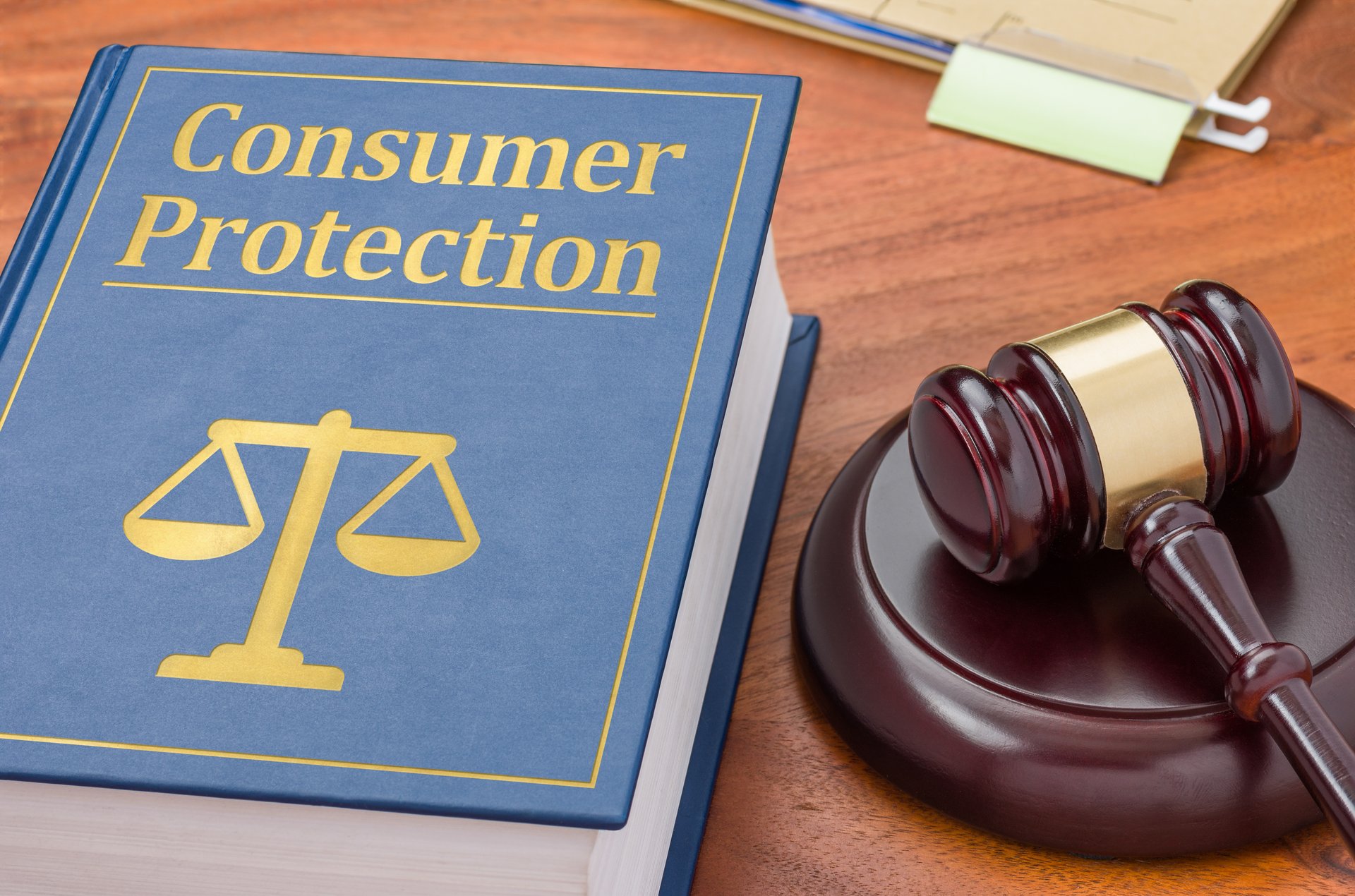
If the recent rash of data breaches has left you worried about having your identity stolen, we have a rare bit of good news: Credit freezes and fraud alerts should soon change for the better.
Congress is poised to send a bill that would make credit freezes free and fraud alerts longer-lasting to President Donald Trump — who will sign it into law “shortly,” he tweeted Wednesday morning. The bill that contains those protections is called the Economic Growth, Regulatory Relief, and Consumer Protection Act.
The U.S. House of Representatives approved the bill Tuesday with a 258-159 vote — which the New York Times described as “a rare demonstration of bipartisanship.” The Senate approved the legislation in March.
Free credit freezes
A credit freeze — also known as a security freeze — blocks others from accessing your credit file.
The U.S. Consumer Finance Protection Bureau (CFPB) explains:
“Creditors typically won’t offer you credit if they can’t access your credit reporting file, so a freeze prevents you or others from opening accounts in your name.”
Freezing your credit file with all three major nationwide consumer reporting companies — Equifax, Experian and TransUnion — is generally considered the best way to protect your credit from identity fraud. Currently, though, those companies can charge for freezes in many states.
Equifax has been offering free freezes in the wake of its extensive data breach, but only through June 30.
Trump’s signing of the Economic Growth, Regulatory Relief, and Consumer Protection Act would make credit freezes free at all three agencies. This change would not take effect until 120 days after the bill becomes law, however.
Longer-lasting initial fraud alerts
Placing a fraud alert is already free. This measure, as the CFPB defines it, “requires creditors who check your credit report to take steps to verify your identity before opening a new account, issuing an additional card, or increasing the credit limit on an existing account based on a consumer’s request.”
There are two main types of fraud alerts: initial and extended.
An initial fraud alert is meant for folks who believe they are a fraud victim or are at risk of soon becoming one.
Currently, an initial fraud alert lasts for 90 days. So, you must renew it every 90 days for as long as you want it to remain in effect.
The Economic Growth, Regulatory Relief, and Consumer Protection Act would make initial fraud alerts good for one year rather than 90 days. That change also would not take effect for 120 days after the bill becomes law.
An extended fraud alert lasts for seven years but is reserved for victims of identity theft.
The broader bill
The Economic Growth, Regulatory Relief, and Consumer Protection Act is an extensive piece of legislation that would change a lot more than the cost of credit freezes and the length of fraud alerts.
For example, as the bill’s name suggests, it contains regulatory rollbacks for the financial industry — which Republicans, including Trump, have eyed since he took office.
The New York Times explains:
“The bill … represents a substantial watering down of Obama-era rules governing a large swath of the banking system. The legislation will leave fewer than 10 big banks in the United States subject to stricter federal oversight, freeing thousands of banks with less than $250 billion in assets from a post-crisis crackdown that they have long complained is too onerous.”
For this reason, you will find that opinions of the bill adopted by Congress on Tuesday run the gamut from cheers to jeers. It depends on who is opining and what part of the bill they’re opining about.
What’s your take on the new legislation? Sound off below or on our Facebook page.




Add a Comment
Our Policy: We welcome relevant and respectful comments in order to foster healthy and informative discussions. All other comments may be removed. Comments with links are automatically held for moderation.